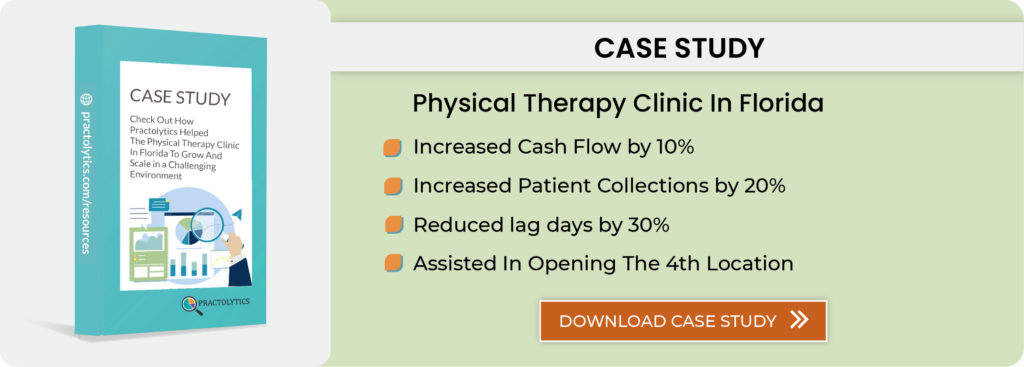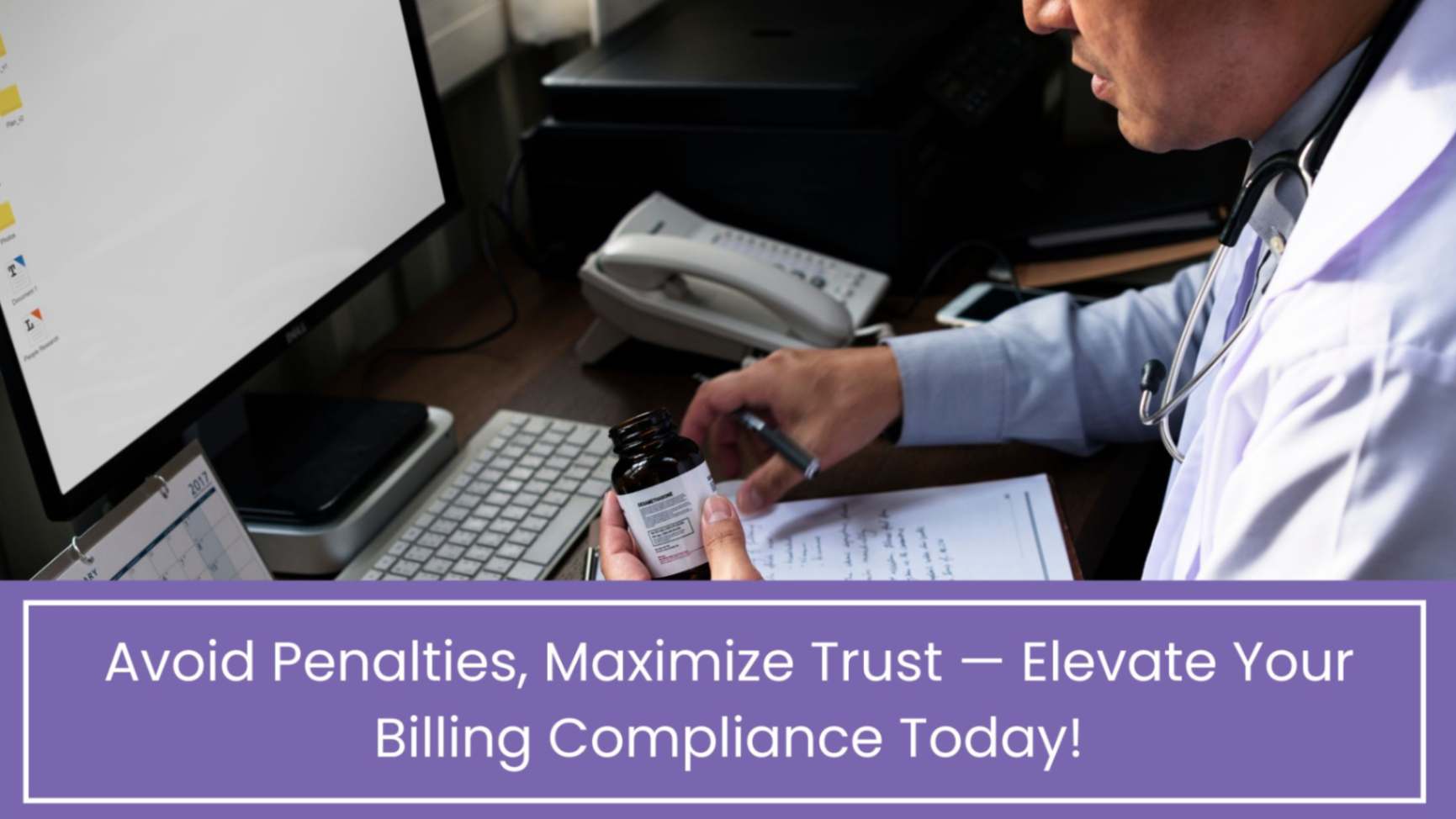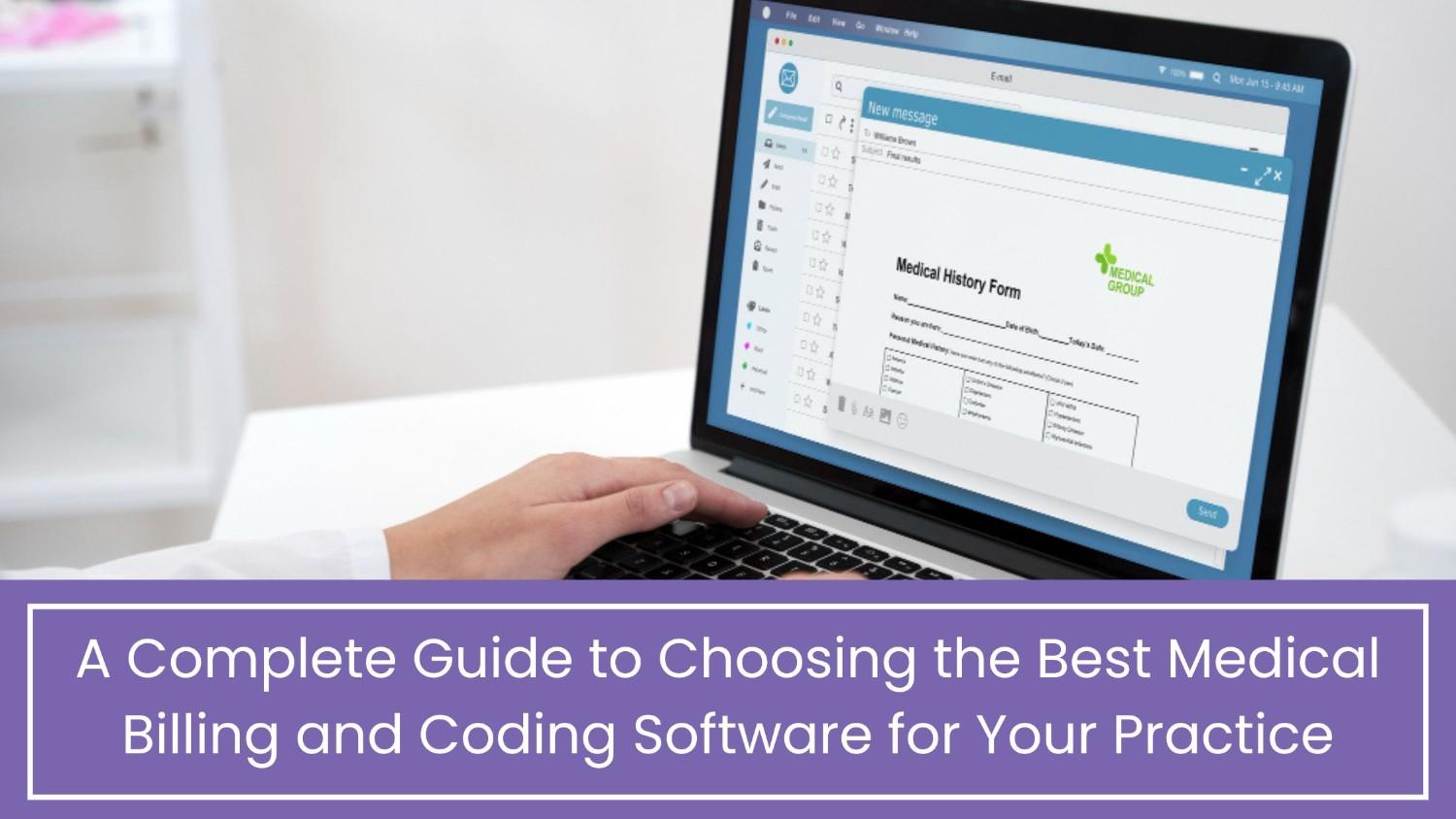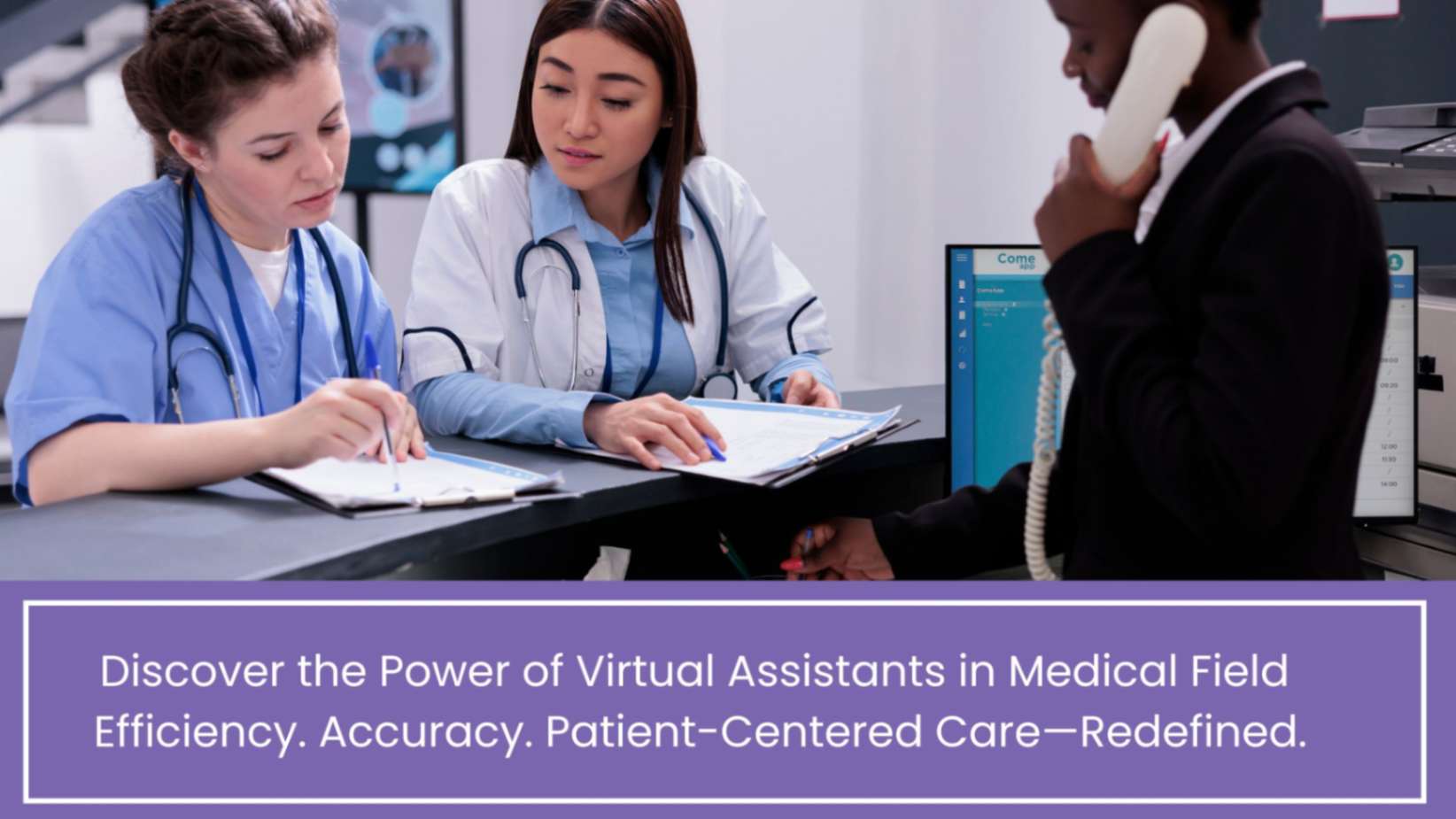Addressing Challenges in Gastroenterology Billing
Navigating common challenges in gastroenterology billing is pivotal for maintaining operational efficiency and patient satisfaction. This segment delves into essential strategies for managing prior authorizations, handling claims denials, and mitigating compliance risks and fraud, vital for the financial health and integrity of healthcare organizations.
Table of Contents
Common Addressing Challenges in Gastroenterology Billing
In the complex world of gastroenterology billing within healthcare management, efficiently addressing common challenges is fundamental to ensuring the smooth operation of healthcare facilities and delivering high-quality patient care. This segment explores critical obstacles frequently encountered in gastroenterology settings and provides strategies for effective management, with a focus on the pivotal areas of prior authorizations and pre-certifications.
A. Managing Prior Authorizations and Pre-certifications
Prior authorizations and pre-certifications stand as essential checks by health insurance entities to verify the necessity and cost-effectiveness of specific medical procedures, treatments, medications, or services in gastroenterology before patient administration. These steps are designed to foster optimal use of healthcare resources and manage expenditures. Yet, navigating these processes often presents a substantial administrative burden for healthcare providers.
To effectively manage prior authorizations and pre-certifications, healthcare facilities need to implement streamlined processes and utilize technology solutions where possible. This involves:
Establishing Efficient Workflows: Crafting and enforcing uniform procedures within the gastroenterology department to expedite the handling of prior authorization requests with precision. Assigning dedicated personnel or teams to oversee these requests can enhance efficiency and accountability.
Utilizing Electronic Systems: Leveraging electronic health record (EHR) systems and electronic prior authorization tools to automate and streamline the authorization process. Electronic systems can help reduce manual errors, improve efficiency, and track authorization statuses more effectively.
Educating Staff and Patients: Equipping healthcare staff with in-depth knowledge about the intricacies of prior authorizations and pre-certifications specific to gastroenterology. Simultaneously, educating patients about the significance of securing these authorizations in advance can reduce service delays and foster better understanding and cooperation.
Establishing Clear Communication Channels: Establishing robust communication networks among gastroenterology providers, insurance companies, and patients is essential. Clear and proactive communication ensures the seamless flow of necessary information and timely updates regarding the status of authorizations, thereby minimizing bottlenecks and enhancing patient experience.
B. Handling Claims Denials and Appeals in Gastroenterology Effectively
In the realm of gastroenterology billing, encountering claims denials from health insurance companies is a common challenge. These denials can stem from a variety of causes such as coding inaccuracies, inadequate documentation, or limitations in coverage. Mastering the art of managing claims denials and navigating the appeals process is crucial for gastroenterology healthcare providers aiming to secure rightful reimbursements and uphold financial health.
To address claims denials and appeals effectively, gastroenterology practices should adopt proactive measures and implement robust strategies, including:
Analyzing Denial Patterns: Identifying common reasons for claims denials by conducting regular audits and analyses of denied claims. Understanding patterns of denials can help healthcare providers address root causes and implement preventive measures.
Improving Documentation Practices: Ensuring thorough and accurate documentation of patient encounters, procedures, and treatments to support claims submissions. Proper documentation is critical for demonstrating medical necessity and justifying the services provided.
Implementing a Structured Appeals Process: Establishing a structured appeals process within the healthcare facility to challenge denied claims promptly. This may involve designating staff members or teams responsible for preparing and submitting appeals, adhering to deadlines, and tracking appeal statuses.
Collaborating with Payers: Building collaborative relationships with insurance companies and payers to facilitate communication, clarify billing requirements, and resolve disputes effectively. Open dialogue and cooperation can help expedite the resolution of claims denials.
Continuous Staff Training: Invest in continuous training programs for your team, focusing on the latest coding conventions, billing regulations, and submission protocols relevant to gastroenterology. Empowering your staff with knowledge and expertise equips them to navigate the complexities of the claims process efficiently and reduces the likelihood of denials.
C. Mitigating Compliance Risks and Avoiding Fraud
Compliance risks and fraudulent activities pose significant challenges to healthcare organizations, jeopardizing patient safety, financial integrity, and reputation. Healthcare providers must implement robust compliance programs and fraud prevention measures to mitigate risks effectively.
Key strategies for mitigating compliance risks and avoiding fraud include:
Developing Comprehensive Compliance Programs: Establishing comprehensive compliance programs that encompass policies, procedures, and protocols to ensure adherence to regulatory requirements, such as HIPAA (Health Insurance Portability and Accountability Act) and Medicare regulations.
Conducting Regular Audits and Monitoring: Conducting regular internal audits and monitoring activities to assess compliance with applicable laws, regulations, and internal policies. Identifying areas of non-compliance allows healthcare organizations to take corrective actions promptly.
Promoting Ethical Practices: Fostering a culture of ethics and integrity within the organization through training, communication, and leadership example. Encouraging ethical behavior among staff members helps prevent fraudulent activities and unethical practices.
Implementing Fraud Detection Tools: Utilizing advanced technology solutions, such as data analytics and predictive modeling, to detect anomalies and potential instances of fraud or abuse in billing practices, claims submissions, and reimbursement patterns.
Collaborating with Regulatory Authorities: Establishing collaborative relationships with regulatory authorities, such as government agencies and law enforcement agencies, to report suspected instances of fraud, waste, or abuse and to participate in investigations as needed.
Ensuring Vendor and Contractor Compliance: Implementing robust oversight mechanisms for vendors, contractors, and business associates to ensure their compliance with applicable regulations and contractual obligations.
Ensuring Financial Health
In the pursuit of financial stability, healthcare organizations must adopt a multifaceted approach. Monitoring key performance indicators (KPIs) for revenue cycle management serves as a fundamental practice. These indicators include metrics such as Days in Accounts Receivable (AR), Collection Rate, Denial Rate, First Pass Yield (FPY), and Net Collection Rate. Regularly tracking these KPIs provides valuable insights into the efficiency and effectiveness of revenue cycle processes, enabling healthcare facilities to identify areas for improvement and implement targeted interventions to optimize revenue generation and reduce costs.
Conducting regular audits and assessments of gastroenterology billing processes is equally crucial. These audits involve reviewing coding accuracy, validating documentation compliance, assessing charge capture, analyzing claims submission, and ensuring payer contract compliance. By conducting thorough audits, healthcare organizations can identify errors, inefficiencies, and compliance issues that may impact revenue generation, thereby strengthening internal controls, mitigating risks, and enhancing overall financial performance.
Additionally, implementing strategies for improving gastroenterology revenue cycle performance over time is imperative. This includes investing in technology solutions to automate billing processes, streamline workflows, and enhance data accuracy. Providing continuous training and education to gastroenterology revenue cycle staff on coding updates, billing regulations, and best practices is essential to improve productivity and accuracy. Furthermore, optimizing patient financial services through enhanced education, communication, and financial counseling can increase collections and reduce bad debt. Establishing processes to ensure revenue integrity, benchmarking performance against industry standards, and implementing best practices contribute to long-term financial health of gastroenterology practice.
Staying Updated and Adapting to Changes
In the dynamic landscape of healthcare, staying updated and adapting to changes is essential for maintaining efficiency, compliance, and competitiveness of gastroenterology practice.
- Keeping Abreast of Changes in Coding and Billing Regulations
Coding and billing regulations undergo frequent updates and revisions, necessitating healthcare organizations to stay vigilant and informed. Strategies for staying updated include regular monitoring of regulatory updates, engaging with professional associations, and utilizing educational resources. By staying abreast of changes in coding and billing regulations, healthcare organizations can ensure accurate claims submission, minimize compliance risks, and optimize revenue cycle performance of gastroenterology practice.
- Continuous Education and Training for Gastroenterology Billing Staff
Continuous education and training are essential to equip billing staff with the knowledge and skills necessary to navigate complex coding and billing processes effectively. Strategies for continuous education include structured training programs, certification and credentialing, cross-functional training, and regular skill assessments. By investing in continuous education and training for billing staff, gastroenterology clinics can enhance workforce competency, promote adherence to coding and billing regulations, and mitigate errors and compliance risks.
- Adapting to Technological Advancements and Industry Trends
Technological advancements and industry trends have a profound impact on healthcare delivery and revenue cycle management of gastroenterology clinics. Strategies for adapting to these changes include investing in advanced technology solutions, embracing telehealth and remote services, exploring value-based care models, and monitoring industry trends. By embracing technological advancements and industry trends, healthcare organizations can improve operational efficiency, enhance patient experiences, and position themselves for success in an evolving healthcare landscape.
In conclusion, gastroenterology clinics must embrace adaptability and innovation to thrive in the dynamic industry landscape. By implementing strategies outlined here, facilities ensure financial robustness and operational agility. Remaining informed, investing in staff development, and leveraging technology are paramount for sustaining excellence in patient care amidst industry shifts and challenges.
ALSO READ – Revolutionizing Healthcare Through Enhanced Patient Engagement and Technological Innovations
Talk to Medical Billing Expert Today — Get a Free Demo Now!






